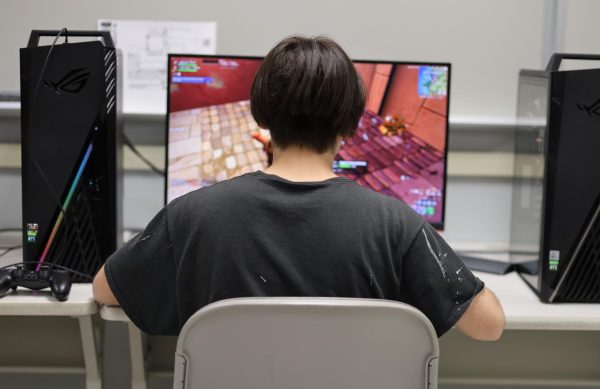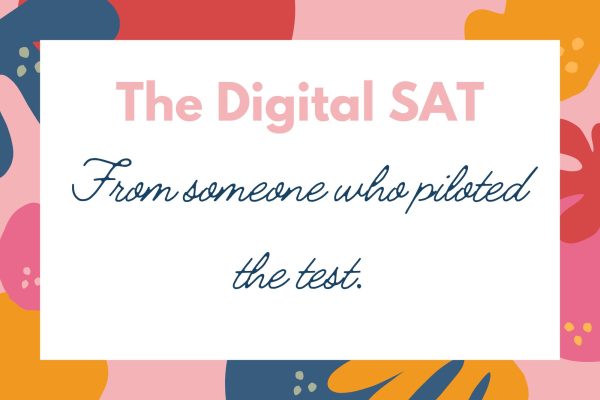Steps To Success
Goals can be hard to achieve, but the end result after the accomplishment can have lasting effects.
Goal: the object of a person’s ambition or effort, an aim or desired result.
The word itself does not seem like a big deal, but the actions of achieveing a desired goal means so much more. The process of setting goals allows students to choose what they want to achieve. By knowing what they want, students know what they have to concentrate on and improve. Goal setting can give students focus or plan their future and motivation. Having different goals, whether they be personal or related to the future, allows them to take pride in accomplishing the goals originally created. Using past experiences and goal-creating methods, one can see how they create either a clear moving progress or long and drawn out one.
Creates Accountability
Having goals holds one accountable, not only to others, but to themselves. Rather than just talk, the obligations of sticking to what was said. This accountability can be personal or public, depending on the type of goal and standards given. No one has to know the objective, but it can sometimes help keep the motivation going. By setting specific targets, one can easily see if the right path is being taken— and if not, change the process.
“It feels really good to accomplish anything, but accomplishing a goal feels different.” sophomore Matthew Bohn said.
Provides Motivation
Goals help motivate and give something to strive for. This can allow one to be powerful if change is needed within one’s daily lifestyle. They help redirect focus away from negativity, and allow one to reconnect with morals and desires, but it is important to keep in mind that aspirations are designed to have a desired result— and that may take some time. Many people have goals that last long term, and some short. Both are beneficial, depending on one’s lifestyle.
“Weekly goals sometimes get too routine and can be finished right away,” Bohn said. “Long term goals take too long to finish, and sometimes you lose interest. Both goals keep a balance. It provides a lot of motivation to keep that balance.”
Improves Lifestyle
Goals are tools to focus energy in positive directions. They do not have to be set in stone and can be changed based on priorities, as well as new ideas being added and others being dropped. All goals are created twice: first in the mind, then in the physical world. Like building blocks, they branch off of each other. Once a goal is set, the accountability to start and desire to finish is constructed. Motivation then occurs throughout the time of completion, striving to the objective. The will to succeed to improve the desired change then starts another cycle: another goal. Without goals, the will to succeed is absent, and without success there is no future.
Above all, goals focus on the inner self. Know that what gets measured, gets improved. For the easiest improvement, focus on the things that can change and be realistic as to what change is wanted.
“If you set the bar high, it’s hard to achieve,” sophomore Lily Highley said. “Keeping realistic goals makes it worth it.”
It is not possible to make every single desired change, and if the intended outcomes are not realistic, the aspiration to achieve all of the changes are doing more harm than good. Whatever it is, that goal should result in overall happiness. Evaluate the changes, plan accordingly and stick to the goal until it is met.












